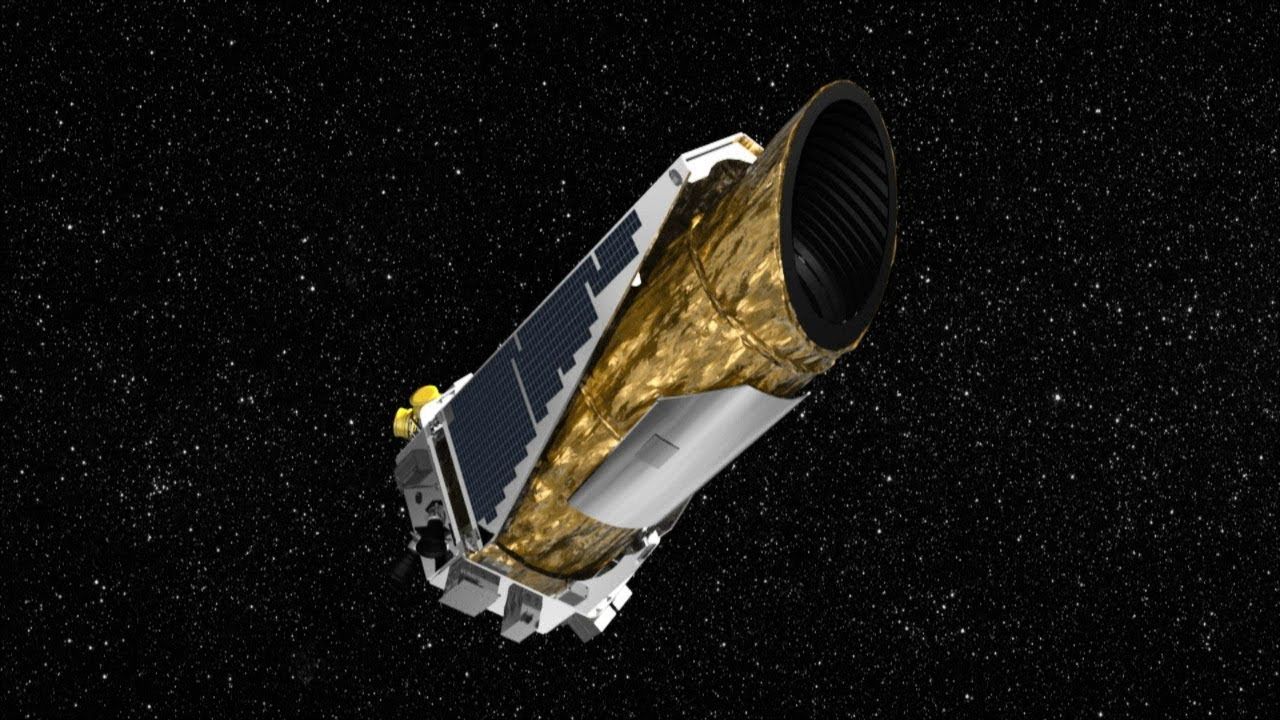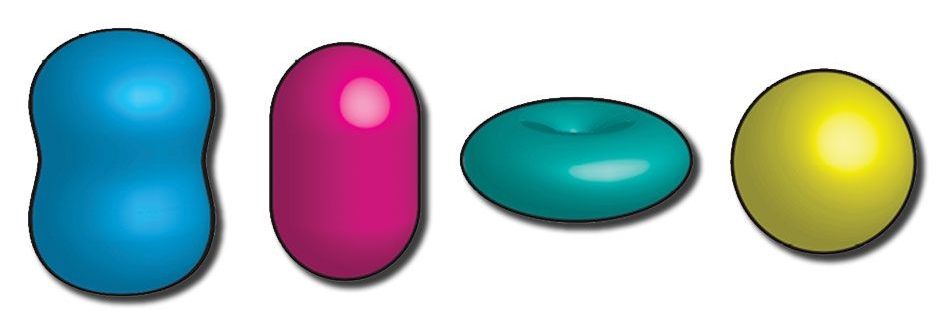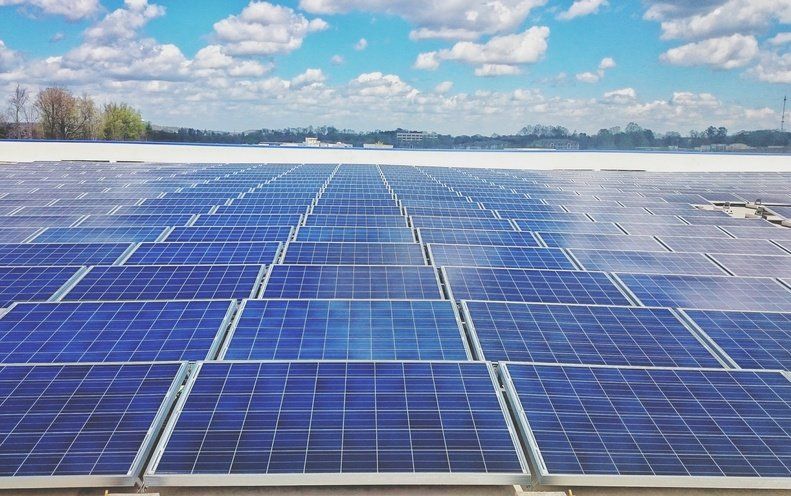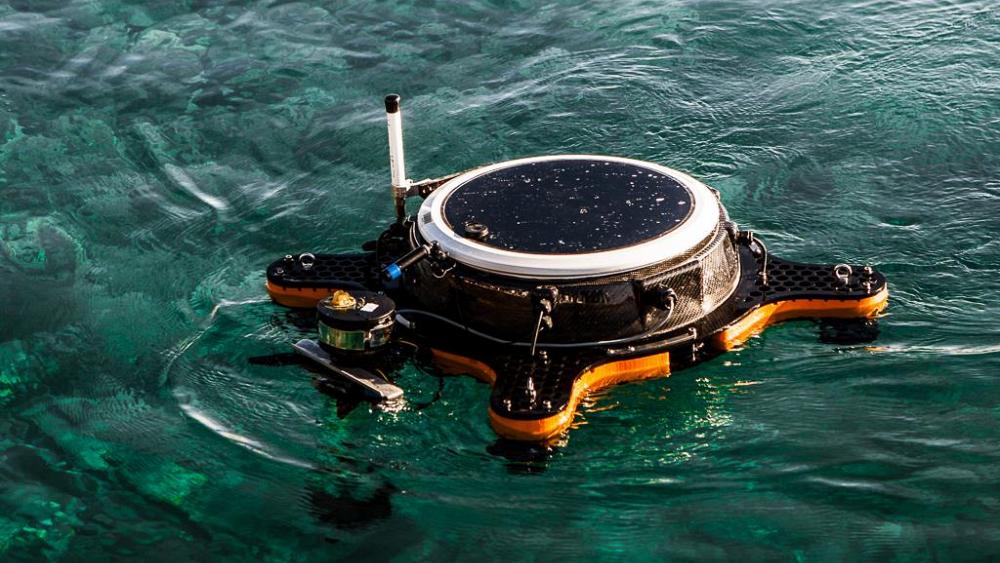Nov 2, 2018
The ambitious plan to decode every complex species on Earth
Posted by Genevieve Klien in categories: biotech/medical, genetics
An ambitious effort to sequence the genome of every complex organism on Earth was officially launched on 1 November in London.
“Variation is the fount of all genetic knowledge,” says project member and evolutionary geneticist Jenny Graves of La Trobe University in Melbourne, Australia. “The more variation you have the better — so why not sequence everything?”
The Earth BioGenome Project aims to sequence the genomes of the roughly 1.5 million known animal, plant, protozoan and fungal species — collectively known as eukaryotes — worldwide over the next decade. The initiative is estimated to cost US$4.7 billion, although only a small proportion of that money has been committed so far.

















